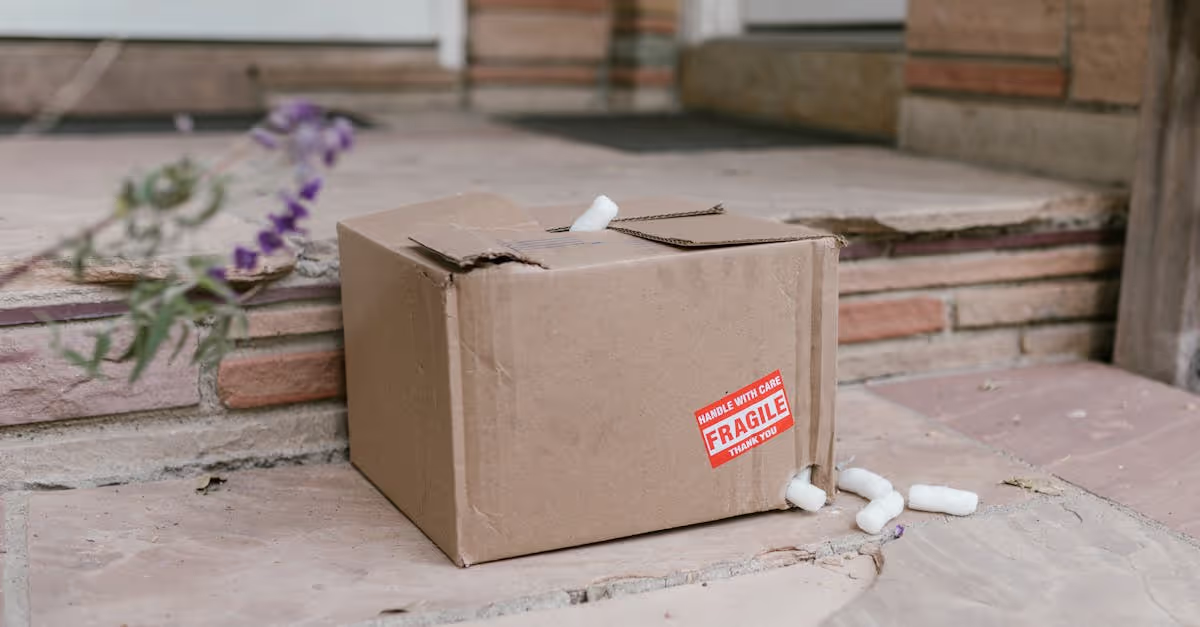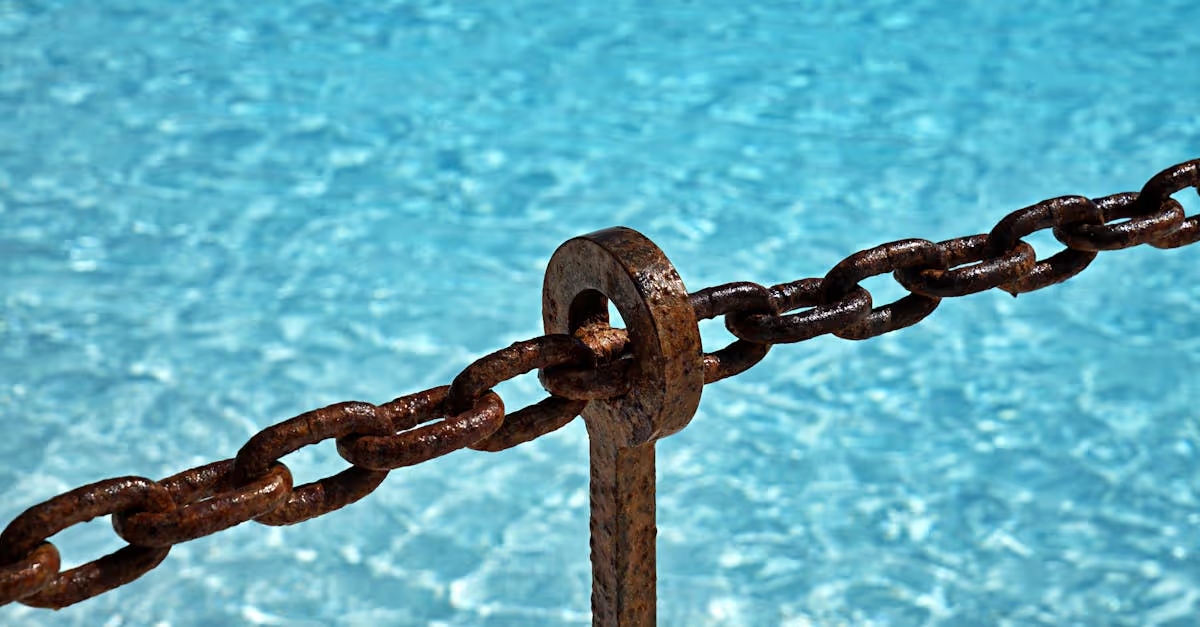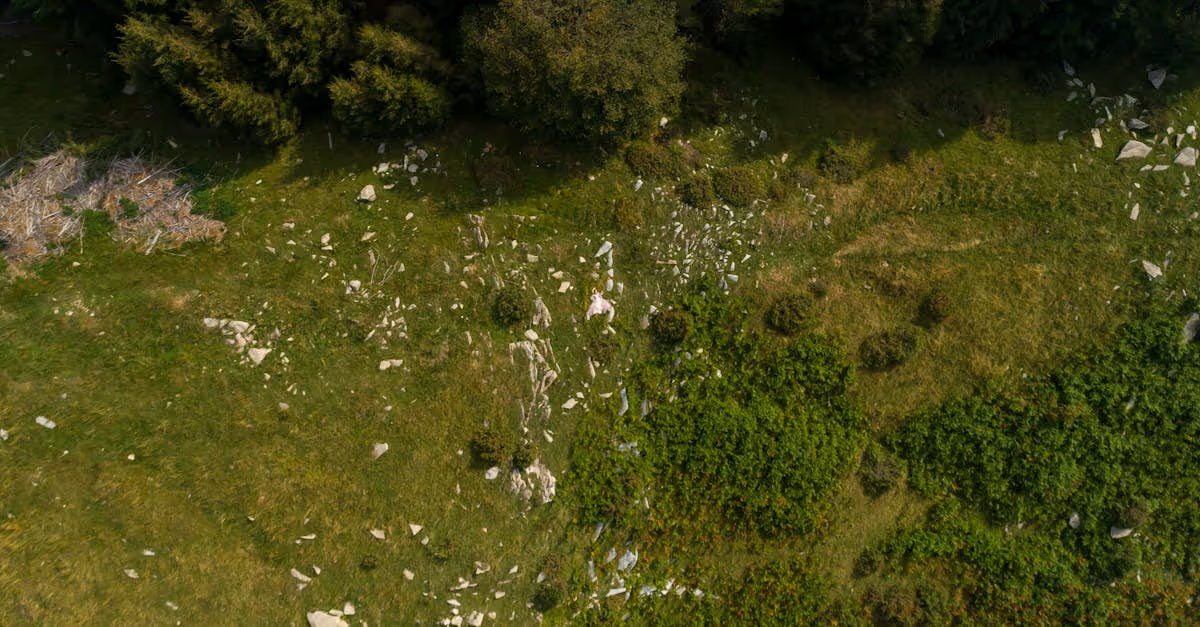Key Takeaways
- Protect Your Investment: Proper winterization prevents costly repairs and extends the lifespan of your pool, potentially saving you up to 30% on spring maintenance costs.
- Follow Key Closing Steps: Thoroughly clean your pool, balance chemicals, lower the water level, and securely cover the pool to shield it from debris and freezing temperatures.
- Consider Professional Services: Hiring experts for pool closing ensures an efficient and comprehensive approach, including accessory removal, deep cleaning, and precise water chemistry adjustments.
- Utilize Management Tools: Employ technician management software to schedule and track pool closing tasks, helping ensure nothing critical is overlooked during winter preparation.
- Regular Maintenance During Winter: Routinely inspect pool covers, monitor water levels, and clear surrounding areas to prevent damage and maintain accessibility throughout the winter months.
- Engage with the Community: Share experiences and tips with other pool owners to enhance your winterization process and make it a more enjoyable task.
As winter approaches, many of us face the task of closing our pools for the season. Did you know that improper winterization can lead to costly repairs? In fact, a well-prepared pool can save us up to 30% on maintenance costs come spring.
Taking the right steps now not only protects our investment but also ensures that our pool is ready for use when warmer weather returns. From balancing chemicals to covering the pool securely, each step plays a crucial role in safeguarding against potential damage. Let’s explore the essential services and steps involved in properly closing our pools for winter, so we can enjoy peace of mind during the chilly months ahead.
Importance of Closing a Pool for Winter
Closing a pool for winter protects our investment from damage caused by freezing temperatures, debris, and chemicals. A well-winterized pool can save us from costly repairs, offering savings of up to 30% in maintenance costs when spring arrives.
Proper pool closure prevents equipment damage. Freezing water can crack pipes, filters, and pumps. We must remember that even small amounts of water can expand and cause significant harm. Securing our pool means maintaining its lifespan and functionality, allowing us to dive in without worry come summer.
Weather-related issues also arise when we neglect to close our pools. Leaves, dirt, and branches can accumulate, leading to buildup that stresses the pool system. Covering the pool creates a barrier against nature's onslaught. A leaf net can serve this purpose, preventing organic debris from contaminating our water.
Using technician management software helps track our pool closing tasks. Scheduling a qualified technician or service provider ensures each step is followed correctly. Automated reminders through a homeowner service app prompt us to perform necessary actions like chemical balancing. This tool keeps our responsibilities at the forefront and simplifies the process.
Balancing chemicals before closure is vital. Without proper chemical balance, water can corrode the pool equipment or create algae growth. Adding the right products prepares the water for months of inactivity. This preparation helps us avoid algae blooms that spring into action after winter.
A sturdy pool cover acts as our first line of defense. We choose material that withstands snowfall and high winds. Solid covers can support the weight of snow, whereas mesh covers allow drainage without retaining debris. Choosing the right cover ensures that our pool remains protected throughout the season.
We also maintain a clear area around the pool. This simple task prevents snow from piling up and creates easy access should emergencies arise. Having a clean perimeter allows us to quickly manage unexpected situations.
Winterizing a pool includes checking the filtration system and other equipment for signs of wear. Performing regular maintenance identifies potential issues before they escalate. Utilizing service dispatch software helps coordinate these inspections with ease, ensuring we stay ahead of any needed repairs.
Engaging with our community about pool closing tips often reveals shared experiences. Do you have a story about a pool close call? A funny anecdote could lighten the seasonal tasks ahead. Let’s swap tales of what went right or wrong, making us all better prepared for winter.
Collectively, we understand that taking time to winterize our pools makes a difference. Avoiding damage means fewer headaches and greater enjoyment when warmer days return. Focusing on preparation now means ensuring our pools shine brightly next summer.
Steps Involved in Closing a Pool
Closing a pool properly is crucial for preventing damage during winter. We can take several important steps to safeguard our investment and ensure a smooth reopening in the spring.
Thorough Cleaning Process
First, we clean the pool thoroughly. Vacuuming the pool floor and walls removes debris and dirt. We use a leaf net or a soft broom to lift leaves and floating debris from the surface. Don't forget to scrub the skimmer baskets, too. This keeps them free of clogs and ensures they are ready for use when the pool opens again. After cleaning, it's essential to store all accessories in a dry place to prevent weather-related damage.
Chemical Balancing
Next, we focus on chemical balancing. This step is critical to avoid potential damage while the pool sits idle. We adjust the pH levels to between 7.2 and 7.8, which prevents stains, scaling, and algae growth. We also raise the alkalinity levels to between 150 and 175 ppm for stability in stagnant water. Keeping calcium hardness above 200 ppm is essential to protect pool surfaces from wear. By balancing these key chemical levels, we help guarantee a clearer pool come spring.
Water Level Adjustment
Afterward, we adjust the water level. Lowering the pool water level to about 4 to 6 inches below the skimmer helps prevent freeze damage to plumbing. If the water level is too high, it may expand and cause cracks in the pool structure; too low can expose the walls to winter weather. We want the balance just right, much like finding the perfect temperature for our favorite hot cocoa!
Services Offered for Pool Winterization
Proper pool winterization requires attention to detail and specific services to protect our investment. Engaging professional help can make this task easier and more efficient.
Professional Pool Closing Services
Hiring professionals offers a comprehensive approach to winterizing pools. These services often include:
- Removal and Cleaning of Pool Accessories: Professionals take out accessories such as ladders, diving boards, and toys. Cleaning these items prevents algae and bacteria growth. They store them in a cool, dry place to keep them safe.
- Deep Cleaning the Pool: Experts scrub the walls and floor with specialized tools and use a pool vacuum to eliminate dirt and debris. A clean pool avoids future issues when opening it in the spring.
- Testing and Adjusting Water Chemistry: Professionals assess pH, chlorine levels, alkalinity, and calcium hardness using a water test kit. Adjusting these elements helps protect the pool’s surfaces and equipment over the winter months.
Utilizing technician management software optimizes scheduling and tracking these essential tasks, allowing us to focus on other priorities.
DIY Pool Closing Options
For those who prefer a hands-on approach, DIY methods can also be effective. Here are some key steps:
- Gather Necessary Supplies: Ensure you have a pool cover, cleaning tools, and chemicals ready before starting.
- Clean and Remove Accessories: Clean out any debris, and take out accessories to prevent damage. Remember, a dirty pool might turn into a swamp by spring!
- Balance Chemicals: Measure and adjust pH levels, alkalinity, and chlorine. Proper levels prevent corrosion and algae growth.
- Cover the Pool: Securely cover the pool with a solid or mesh cover. This shields against snow and keeps debris out.
By following these steps, we can maintain our pools and prolong their lifespan. Plus, we save some money on professional services. Do you prefer doing it yourself, or do you trust the pros?
Additional Tips for Winter Pool Maintenance
Protecting our pools during wintertime involves a bit more than just closing them up. We can take additional steps to ensure our pools stay in top shape.
- Regular Cover Checks: We should inspect our pool covers routinely. Checking for tears, holes, or other damage helps keep debris out. A good cover saves time and effort when spring arrives. If we let debris pile up, we might find ourselves facing a mess in warmer months.
- Use Quality Pool Chemicals: Investing in quality winterizing chemicals can make a significant difference. These chemicals prevent algae growth and maintain water clarity while the pool is closed. It's worth spending a little extra today to avoid costly cleanups later.
- Monitor Water Levels: Keeping an eye on water levels throughout the winter helps prevent freeze damage. If heavy snow or rain occurs, adjusting the water back to the right level ensures that the equipment stays protected.
- Clearing Surrounding Areas: We should keep the area around the pool clear of debris. This makes it easier for us to access the pool in case of emergencies. Besides, who wants to trek through snow just to check on pool equipment?
- Using Service Management Software: Utilizing field service management software can streamline our winter maintenance tasks. These tools help us schedule service appointments, track maintenance actions, and keep our pools in great condition. Using technician scheduling tools can help us avoid gaps in our maintenance routines.
- Stay Engaged with the Community: Sharing our experiences with other pool owners fosters a sense of community. Asking questions and exchanging tips can make winterization easier and more enjoyable. Have you heard any funny stories about pool mishaps in winter? It always lightens the mood!
- Routine Equipment Checks: Regularly checking our pool equipment can prevent issues. Winter is a good time to test filters and heaters. If something's amiss, it’s easier to find and fix it now than in summer.
Taking proactive steps helps protect our pools from winter's harsh effects. By incorporating these tips, we not only get ready for spring but also connect with our fellow pool owners for shared experiences. Remember, a well-prepared pool brings us peace of mind and enjoyment when warmer days return.
Conclusion
Taking the right steps to close our pool for winter is crucial for protecting our investment. By properly winterizing our pools we can avoid costly repairs and ensure a smooth transition into the warmer months.
Whether we choose to tackle the process ourselves or hire professionals the key is in the details. From balancing chemicals to securely covering the pool every action we take contributes to preserving the integrity of our pool.
Let’s commit to following these steps and staying proactive in our winter maintenance. This way we can look forward to a hassle-free reopening when spring arrives.
Frequently Asked Questions
Why is it important to winterize a pool?
Properly winterizing a pool protects it from damage caused by freezing temperatures and debris. Inadequate preparation can lead to expensive repairs and increased maintenance costs when spring arrives. A well-prepared pool can save up to 30% on spring maintenance.
What are the essential steps for winterizing a pool?
Key steps for winterizing a pool include balancing chemicals, lowering the water level, cleaning the pool, securely covering it, and ensuring a clear area around it. This preparation helps prevent damage and ensures the pool is ready for use when warmer weather returns.
How do I balance pool chemicals before winter?
To balance pool chemicals, test the water for pH, alkalinity, and calcium hardness. Adjust these levels as needed to prevent corrosion and algae growth during the winter months. Proper chemistry helps protect your pool and equipment while it's idle.
What type of pool cover should I use?
Choose between solid or mesh covers based on your needs. Solid covers offer better protection against snow and debris, while mesh covers allow rainwater to drain through. Ensure the cover is securely fitted to prevent debris accumulation.
Can I winterize my pool myself?
Yes, you can winterize your pool yourself. Gather the necessary supplies, clean the pool, balance chemicals, and cover it securely. However, if you prefer a more comprehensive approach, hiring professionals can save time and ensure thorough preparation.
How can I prevent equipment damage during winter?
To prevent equipment damage, ensure the water level is lowered to about 4 to 6 inches below the skimmer. This helps avoid freeze damage to plumbing. Additionally, remove any excess water from pump and filter systems to prevent cracking.
What maintenance checks should I perform during winter?
During winter, regularly check your pool cover for damage and monitor water levels. Use quality winterizing chemicals to prevent algae growth and keep the area around the pool clear of debris for easy access during emergencies.
Why should I engage with my community about pool winterization?
Engaging with your community allows you to share experiences and tips for effective pool winterization. Learning from others can enhance your own winterization process and provide valuable insights that can save time and money.






